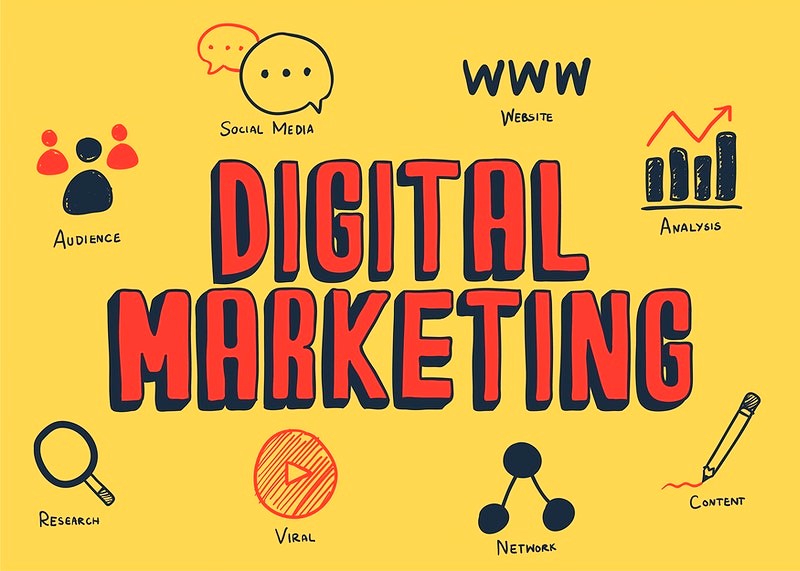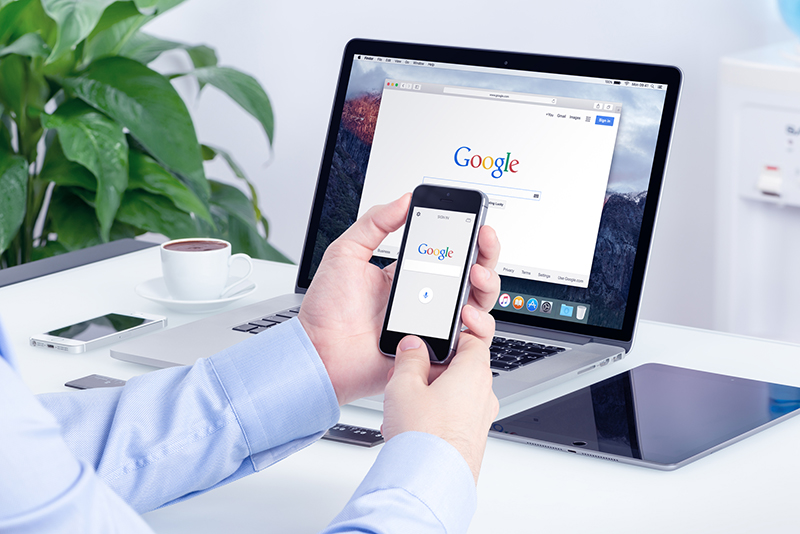
It is every company’s dream to be successful and maximize profit. One of the ways to achieve this is by increasing the online presence and visibility of the brand’s website in search engine results. There are two marketing strategies worth considering — search engine optimization (SEO) and pay-per-click (PPC).
Opinions on which of these two digital marketing strategies are more effective are divided. While some prefer using PPC as it usually provides immediate results, others put their trust in SEO as its benefits have a lasting effect on the business in the long run. To determine which one suits your business the most, it is important to understand what each of them brings to the table.
Let’s dive in and try to resolve this matter once and for all.
SEO
One can find many different and rather extensive definitions of SEO on the web. However, SEO can be clearly and straight to the point described as one of many digital marketing strategies that focus on improving, or optimizing the content found on the website helps it rank high in the search engine results. Digital marketers generally refer to it as a generator of natural or organic leads.
By employing special tools and carefully designed techniques, search engines such as Google, Bing, or Yahoo, recognize the quality and high value of your company’s website and position it among the top results during a search.
There are several advantages of SEO:
- Cost-effectiveness — while creating and managing an SEO strategy is definitely not cheap, it will eventually pay off. In contrast to PPC and other tactics, it is a great value for money.
- Long-lasting results — employing this strategy brings long-lasting results. It might take a while to set everything up, but once up and running, your business will start experiencing its effects.
- Stability and sustainability — once your website takes a high position in the rankings, it is going to remain in that position for a while which is not the case with the PPC. Even if you have to press pause on the optimization process for some reason, the position will remain stable and uncompromised. Organic traffic will continue to flow without compromising the business.
- Brand recognition — the more visible your website is, the more attention it receives from the users and potential customers. This leads to raising brand awareness and much easier brand recognition among the audience.
However, no matter how much these benefits sound tempting, SEO is not an ideal marketing tactic as it has a few drawbacks as well. The most noticeable one lies in the amount of time that has to pass for your business to start reaping rewards. After optimizing the website, it may take weeks and months to see the first results. Additionally, it isn’t possible to fully optimize the website so it is a continuous work in progress. This drawback makes it time-consuming if done without any help from the masters of the field.
PPC
Chances are you have seen these ads all over the web which, once you click on them, take you to some company’s website. This is basically what PPC does. It is a paid search model in which advertisers pay a certain amount of money to the specific network every time a user clicks on their ad. In other words, the clicks or visitors to the website are bought.
Unlike SEO, PPC targets and buys keywords related to the business in question which in turn leverages and drives traffic. This strategy allows targeting a more particular audience and attracting customers of different backgrounds.
Similarly to SEO, this marketing tactic has its pros and cons. As far as benefits are concerned, they are the following ones:
- Instant results — while it takes time for SEO methods to kick in, once you have launched the PPC campaign, you will be able to see results immediately. Traffic and clicks will increase spurring conversions.
- Budget control — having a set budget gives you more control over the expenses of the strategy, and it gives you some idea about how many leads you can expect from the campaign.
On the other hand, there are some serious drawbacks. Firstly, thanks to the immense competition for keywords, the higher position you want your business to occupy, the more money you have to spend. Moreover, you will be getting leads only while you are paying for them. Once you pull the plug, the traffic will slow down and stop so it’s not effective in the long run. Similarly to SEO, this campaign, or finding the best keywords to bid in particular, takes time and effort especially if you decide to do it yourself.
The verdict
Given everything discussed, it is fairly obvious that both strategies have advantages and disadvantages. This makes it more difficult for businesses to decide which tactic suits them the best. Factors such as the industry to which your company belongs, resources and the overall business aims have to be taken into consideration. Ideally, both marketing strategies should be used together. This synergy will yield impressive results and help achieve desired aims much faster.
You may also like: SEO 101: Essentials for Site Optimization
Image source: Rawpixel.com




2 Comments